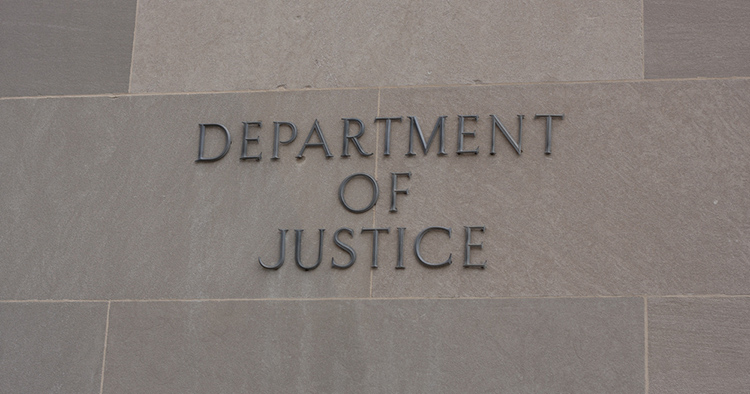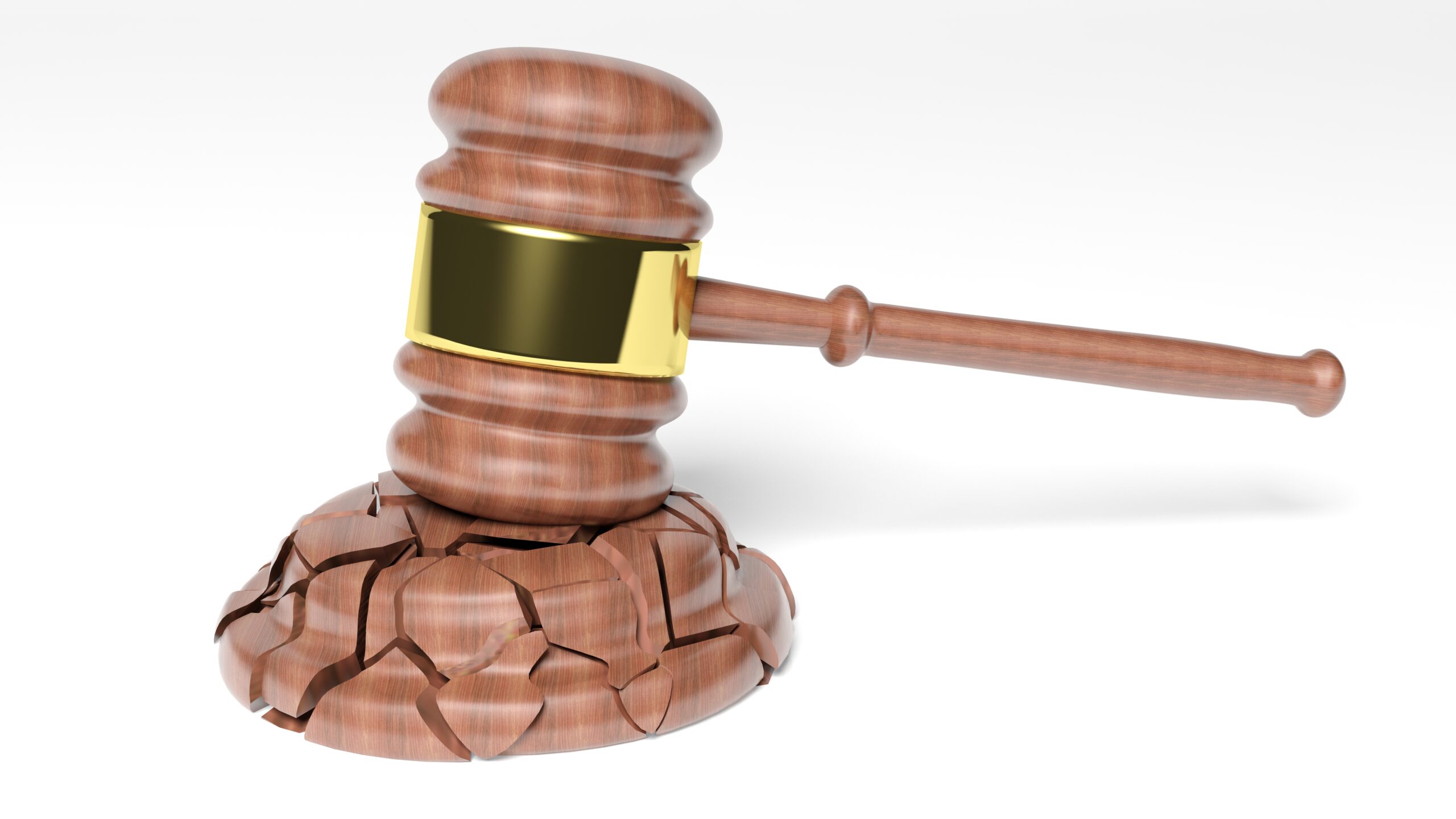Sued: What In-House Counsel Without Litigation Experience Need to Know | Wolf, Greenfield & Sacks, P.C.
1: Initial Considerations
This is the first in a series of articles that explores considerations and suggested actions for in-house counsel who are inexperienced in patent litigation and facing a suit, especially one arising without the preparation period that a demand letter or other pre-litigation event might provide.
The complaint was filed
As an initial matter, it’s possible to have a suit filed against your company without warning. Given the current environment, in which demand letters are commonplace and may not be taken as seriously as a patent owner would like, the suit may be regarded as necessary to get your attention. A plaintiff may also regard the surprise element afforded by suing without (or with minimal) notice as advantageous by precluding options like:
- filing for a Declaratory Judgment in a venue of your choice
- reviewing your own patents to file the first complaint or having more time to consider counter claims (an option you would not have against a non-practicing entity in any case)
However, the filing of a complaint is not enough to require any action from you. The time for a response doesn’t begin to toll until you’ve been properly served with the filed complaint, and, while not typical, it is possible that service may never be pursued.
So, if you learn that a complaint was filed against your company (e.g., you or someone in your company is contacted by a law firm seeking to represent you based on a filed complaint), know that you are not required to take immediate (or any) action until you’ve been served.
The complaint was served
Procedural basics:
- proper service initiates a 21-day deadline for a response
- a 30–45-day extension is generally granted upon request and sometimes, although not always, a longer extension may be granted
Sufficiency of service may be contestable, but such issues generally arise in the context of service to foreign companies, which can take longer and present more challenges. If you work for a foreign company or a co-defendant is a foreign entity, a longer extension or a challenge to the propriety of service may be more feasible. On the other hand, a plaintiff may be less amenable to agreeing to an extension if the process of completing service was prolonged or difficult.
Key Questions and what the answers may suggest (but not guarantee):
Who is the plaintiff – non-practicing entity/customer/competitor?
- this can inform their willingness to negotiate and what the focus of negotiations should be (g., is it all about the money? is a license possible?)
What is the story of the asserted patent(s)?
- for an expired patent, a patent owner can sue for damages from infringement that happened while the patent was in force and within six years of the filing of the complaint
- an expired patent asserted by a non-practicing entity may suggest a low settlement amount
What is the plaintiff’s (and plaintiff attorney’s) litigation history?
- filings followed closely by settlements can suggest fairly low settlement amounts
- protracted litigations can suggest a funding source for the plaintiff (and higher settlement amounts needed to end the litigation)
What is the post-grant activity (if any) on the asserted patent(s)?
- previous assertion of the same patent(s) without post-grant challenges can suggest low settlement amounts that made challenges to validity seem unnecessary or not worth the investment
What is the venue of the filing?
- certain venues can suggest a faster pace for the process and the need for litigation counsel with particular experience or expertise
- local counsel will be required for the venue in which you were sued, but venue need not drive your selection of a litigation team – experienced litigation counsel can find the right local counsel to help navigate the procedures and practice culture of the venue
Do I have to answer all those questions?
Once you are served with the filed complaint, the clock is ticking. As an initial matter, you have to determine whether to request an extension and how to respond (i.e., answer the complaint or file a motion to dismiss).
That determination may benefit from some of the considerations highlighted by the Key Questions. The good news is that experienced and skilled attorneys will consider most of the Key Questions in preparation for a pitch or initial discussion with you. Thus, finding a litigation team that will partner with you from this first decision through the different stages of a patent suit is certainly among your first tasks.
So, next up in the series . . .
2: Finding Your Outside Team: considerations for hiring and working with the right litigation team for your company and for the plaintiff/venue you’re facing
And then . . .
3: Preparing Your Inside Team: preservation, privilege, and potential pitfalls for your organization






